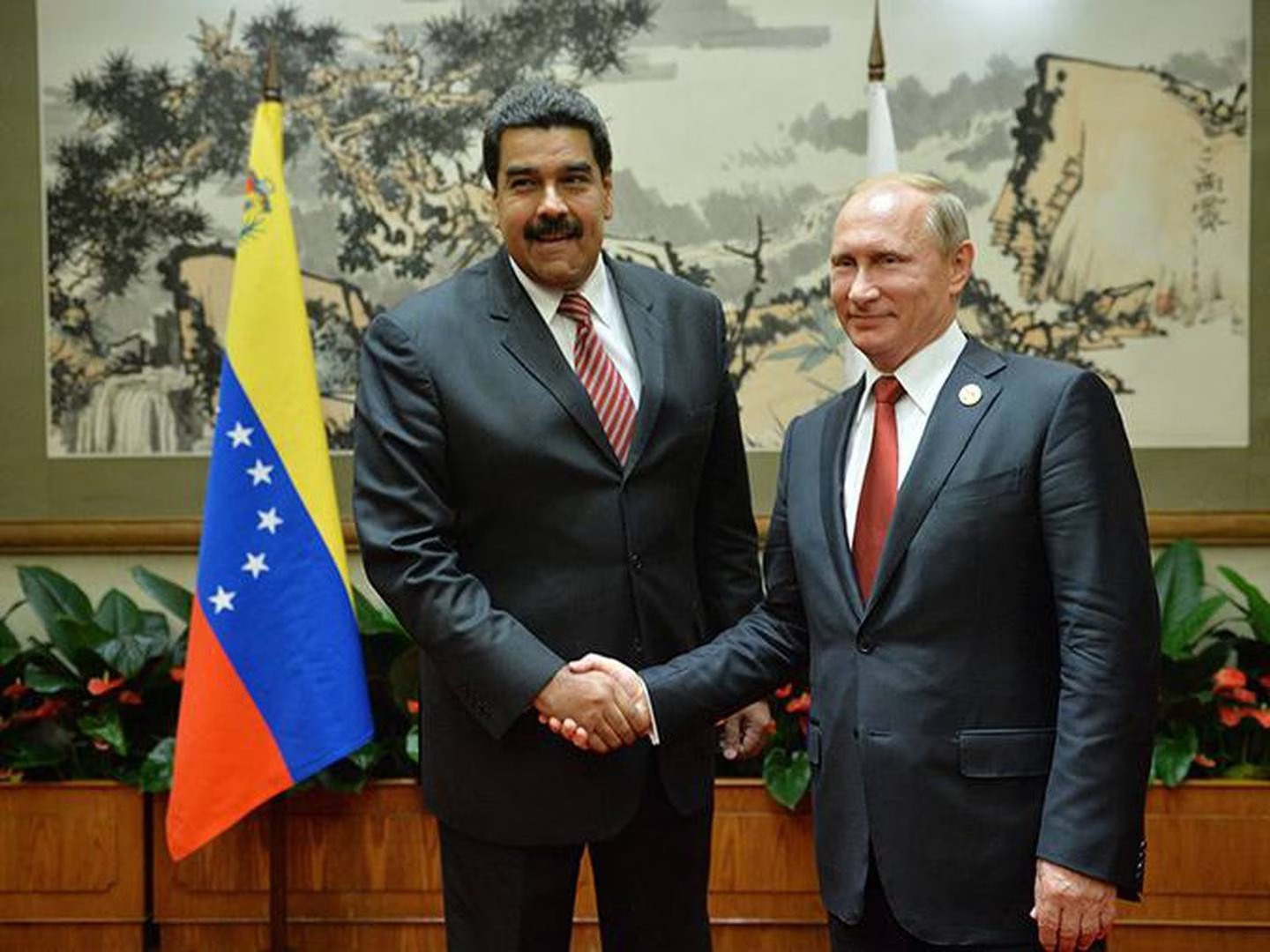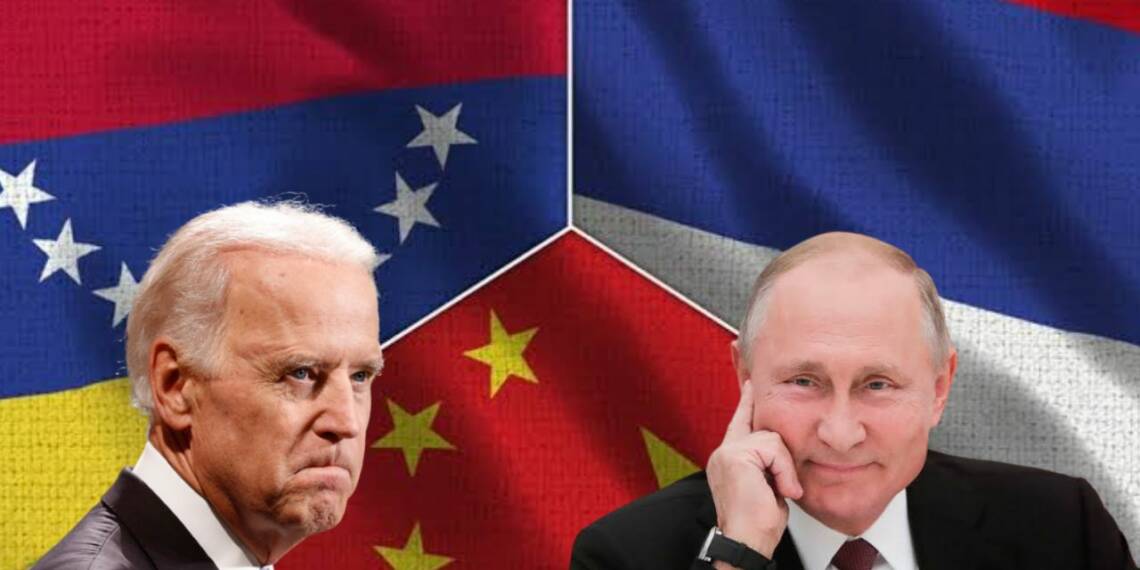On January 17th, Nicolas Maduro proposed a new international bloc. It would comprise of Latin American and Caribbean countries that would have close ties to Russia and China.
He has spoken to the presidents of Brazil, Colombia, and Argentina about forming this new regional organization. It would create “new poles of power.” It’d be allied to Russia and China, who he referred to as “elder brothers”. The bloc would be part of a “multipolar and multicentric world” and Venezuela. The latter, which has the world’s largest proven oil reserves, would be a major contributor.
A new Latin American Trade Bloc
In recent years, Russia and China have been developing closer ties with Latin American and Caribbean nations. Now the two regions are discussing the possibility of forming a trade bloc. This move could have far-reaching implications for global trade. It could also represent a major shift in the balance of power.

President Putin and the Chinese government have been critical of the US-led unipolar world. Their criticisms have been especially vocal when it comes to US attempts to oust Venezuelan President Maduro.
In 2019, the US refused to recognize Maduro as President and instead supported opposition leader Juan Guaido. This led to the dissolution of diplomatic relations between the two countries and Washington’s attempts to remove Maduro from power. However, in late December 2022, opposition lawmakers in Venezuela voted to dissolve the ‘interim government’ led by Guaido. They have instead, opted for a unified Venezuelan political strategy in the ‘national interest’.
Mutual benefit
Further, Latin American countries are considering creating a new trade bloc due to the instability of the Mercosur bloc. China and Russia have relatively stable economies and have been willing to trade in non-US dollar currencies. For instance, China has provided a currency swap to Argentina earlier this month. Further, Russia has energy and fertilizer exports which could benefit Latin American countries. However, there are still questions as to how this bloc would be created and managed.
Also Read: Age old bullying in Mercosur is pushing the continent towards stagnation
For Russia, it would provide access to new markets, and could help to diversify its economy. It would also give Russia greater influence in the region, and could help it to become a key player in the global economy.

For Latin American and Caribbean nations, the benefits would also be significant. The bloc would provide access to a new, diverse market. This could lead to increased economic growth. It could also provide opportunities for technological and economic cooperation between the two regions, which might produce increased investment and job creation.
The proposed trade bloc would also have implications for global trade. It could potentially lead to a shift in the balance of power, with Russia gaining greater influence over the region. It could also lead to a more equitable distribution of wealth, as the countries involved would be able to access new markets and resources.
Possible setback for US?
China has been increasingly investing in Latin American countries, with the aim of developing industry in various sectors.It includes sectors such as auto manufacturing, IT, and other manufacturing and import-export industries. This has led to an increase in trade between China and Latin America. This has caused concerns as Chinese goods are often more competitive than US brands.

In return for raw materials such as soybeans, copper, petroleum, and oil, China is importing higher-value-added manufactured products. This has undercut US-funded industries. It has ultimately led to some Latin American countries exploring options such as joining the BRICS group and Cuba’s President Miguel Díaz-Canel visiting Moscow and Beijing. Russia has also been replacing European products in dairy and wine from Latin American countries.
The formation of a Latin American and Caribbean trade bloc with Russia would represent a major shift in the global trade landscape. It could have far-reaching implications for both the two regions involved, and for the global economy as a whole. The potential benefits are significant, and it is likely to be a major game-changer in the coming years.
Much effort will need to be put in to create and nurture such trading connections. There are still questions as to why Mercosur cannot be reconfigured to assume this role. However, the concept is likely to be accepted in both Beijing and Moscow. It would also be a major step in the transition from a US-led ‘unipolar’ world to a multilateral one supported by China and Russia. Moving forward into 2023, diplomatic activity between China, Russia, Caribbean and Latin American countries is likely to become intense as they set up operational and feasibility plans.








